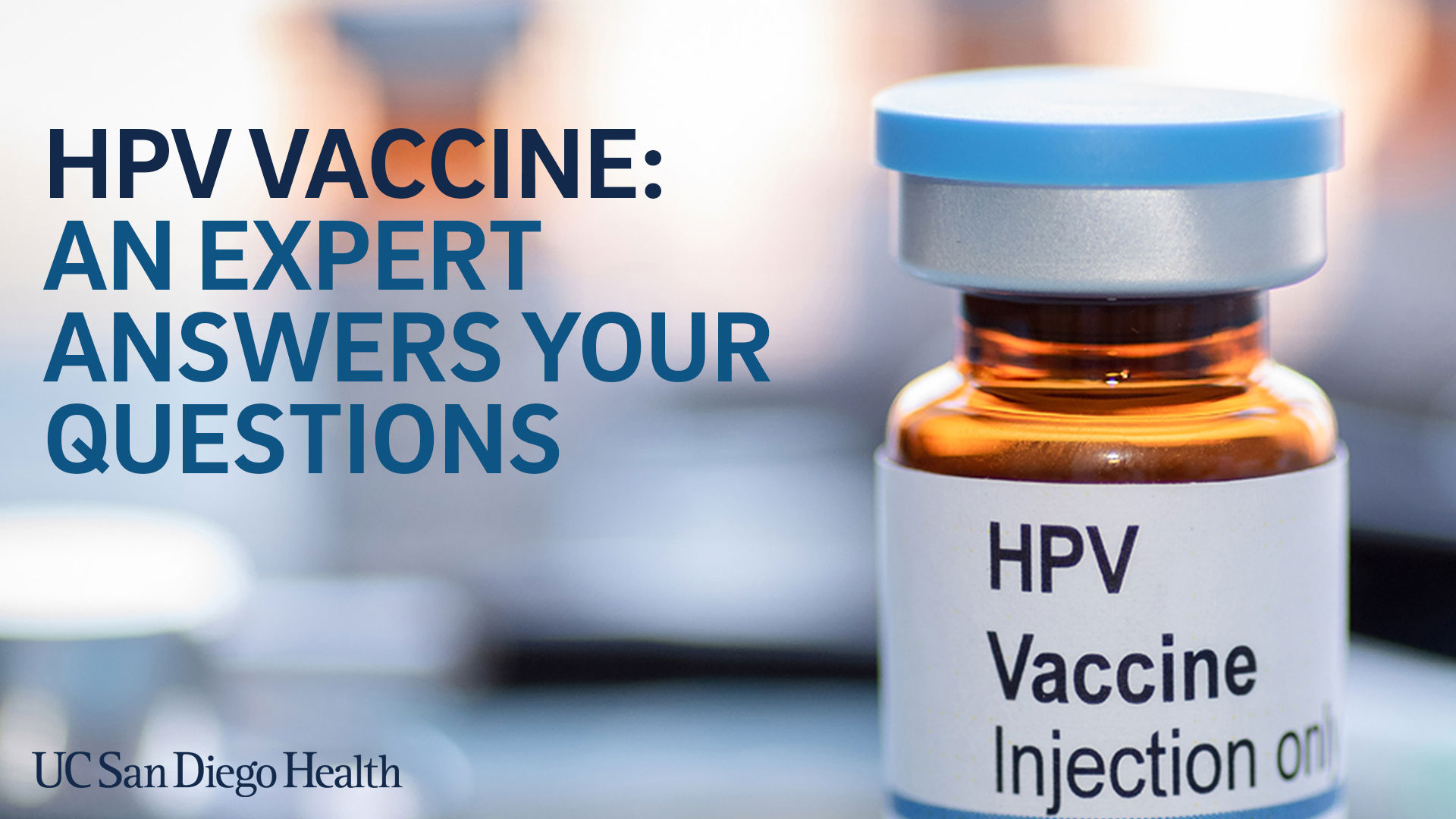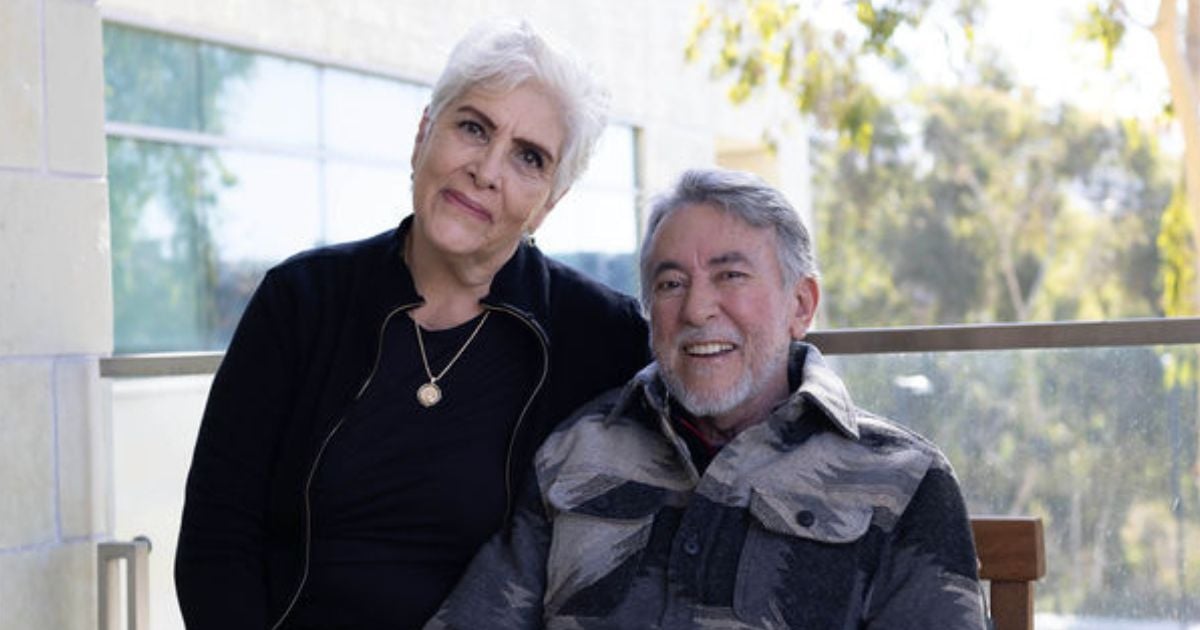Cancer Prevention, Screening & Diagnosis
At UC San Diego Health, you find doctors who can help you reduce your cancer risk and deliver a timely, accurate diagnosis for optimal treatment planning.
We offer advanced cancer screenings and diagnostic testing to detect cancer early when treatments are most effective and less invasive. In some cases, early screening can prevent cancer.
Nationally Ranked Cancer Care
UC San Diego Health is repeatedly ranked among the top 50 in the nation for cancer care by U.S. News & World Report. We are also the only National Cancer Institute (NCI)-designated Comprehensive Cancer Center in San Diego County. This is the highest possible rating for a U.S. cancer center, and it means you’ll receive the best possible care and support. Studies show patient outcomes are better at NCI-designated cancer centers.
Common Cancer Screenings
Screenings aim to prevent or detect cancer early. They don't diagnose cancer. Instead, they flag for abnormalities or precancerous cells that may be further investigated with diagnostic testing. Diagnostic tests, including lab tests, biopsy and diagnostic imaging, are used to diagnose and stage cancer.
Some common cancer screenings your doctor may recommend include:
- Colonoscopies and other tests to prevent colon cancer
- Mammograms to screen for breast cancer
- Pap smears and HPV testing to prevent cervical cancer
- PSA tests to detect prostate cancer
- Skin cancer exams to look for melanoma
As doctors and researchers learn more about the risk factors for cancer, screening guidelines are becoming more personalized and nuanced. You're encouraged to discuss your family medical history and lifestyle with your physicians to decide on screenings that are appropriate for you.
Screenings for High-Risk Individuals
Individuals at high risk for certain cancers due to genetics, lifestyle or environmental exposure may request special screening and diagnostic services.
Cancer Prevention Through Lifestyle
You may be able to reduce your cancer risk and improve how you feel with certain lifestyle improvements.
Video: Why You Should Get the HPV Vaccine

The HPV vaccine prevents a variety of cancers including cervical cancer, head and neck cancers, and penile cancer. The vaccine is most effective when administered to children and adolescents before sexual activity.
Family History Matters
Learn about your family's risk
Five to ten percent of all cancers occur in people who have a family member with the same cancer. Knowing your family history is the first step toward personalized screenings and prevention. If you think you may be at higher risk, see the Family Cancer Genetics Program for more information.
Insurance Accepted
UC San Diego Health accepts most major health insurance plans. You're encouraged to call your health plan and verify that UC San Diego Health is an in-network provider.



